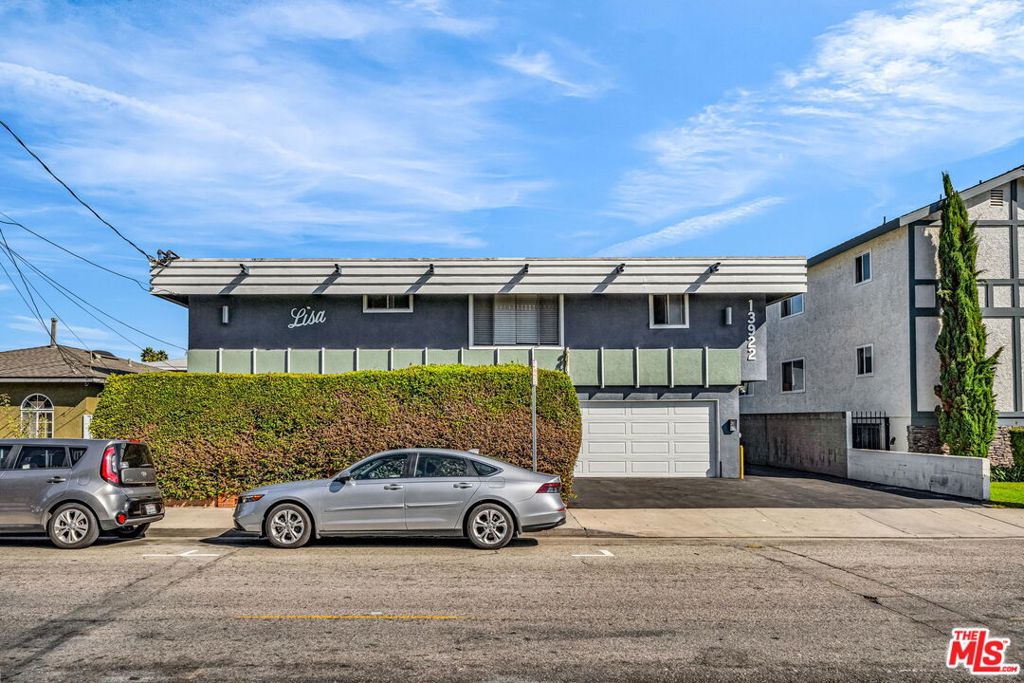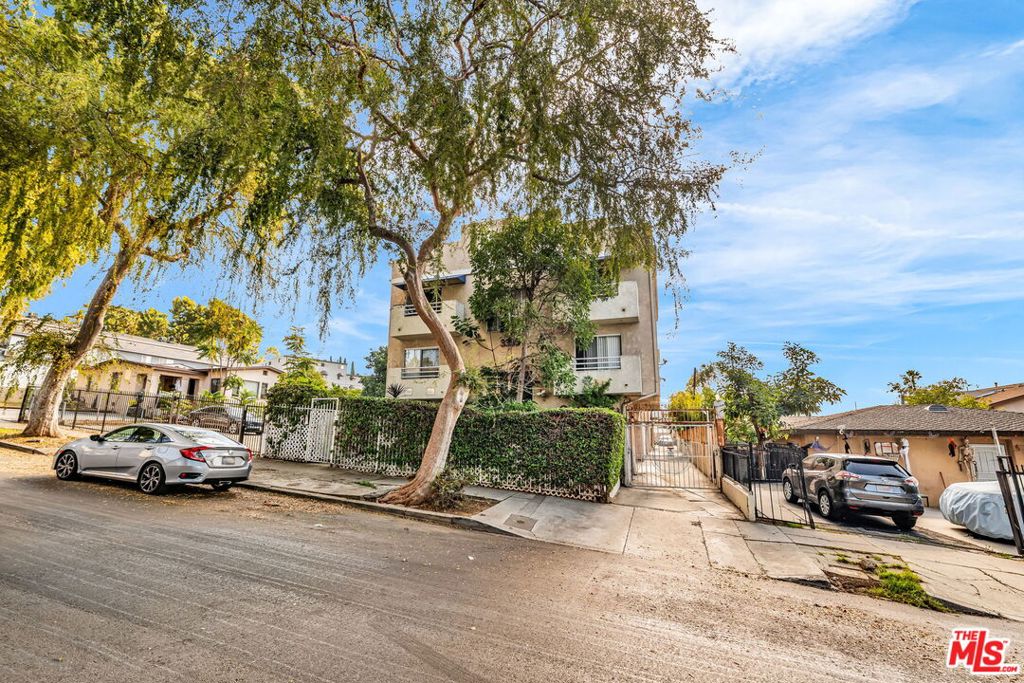WHAT IS A TRUST?
In various CREM Group journal entries, we have informed our readers that the best way to avoid probate is to open a trust. It sounds easy. However, some people still need to catch up on the word’s meaning, so we decided to review the concept. We will start by defining terms.
TRUST
A trust is a written legal instrument created by a grantor (trustor) during their lifetime or at death for the benefit of another. Property is given to a trustee to manage for the benefit of a third person. Generally, the beneficiary gets interest and dividends on the trust assets for a set number of years. The property itself is sometimes termed the “corpus” of trust. A trust is sometimes called a revocable living trust or a revocable inter vivos trust.
TRUSTOR
The trustor is the person who transfers the assets into a trust for the benefit of another. (Also known as the grantor.)
TRUSTEE
The trustee is the person named in a trust document who will manage the property owned by the trust and distribute any income according to the document. A trustee can be an individual or a corporate fiduciary.
BENEFICIARY
A beneficiary is an individual or organization to which a gift of property is made. It is a person (or organization) receiving benefits under a legal instrument such as a will, trust, or life insurance policy. Except when very small estates are involved, beneficiaries of wills only receive their benefits after the will is examined and approved by the probate court. Beneficiaries of trusts receive their benefits directly, as provided in the Trust Instrument.
The CREM Group handles all types of sales—trust, conservatorship, probate, and “normal”—primarily in Orange and Los Angeles Counties in Southern California.
WHY A TRUST?
It’s much easier to sell a home or commercial property from a trust than when the property is in probate. Selling a probate home is quite involved, as the many steps needed can take up to a year. It simply takes time to go through the court system. We recommend having a real estate brokerage like The CREM Group, which specializes in conservatorship, trust, and probate sales. In a previous CREM Group Journal article, we wrote about mistakes to avoid when selling a probated home.
Should You Attempt a DIY (Do-It-Yourself) Trust?
THE SHORT ANSWER IS NO. We are often asked if you should set up your own trust. While there are forms on the internet for creating a trust, we still feel it’s best to have an attorney draw it up for you. If something in your DIY trust needs to be corrected, your beneficiaries may not receive the assets you intended. You will not be there to change it, either.
BOTTOM LINE
A trust is the best way to hold the assets in your estate to ensure your heirs receive those assets with the least hassle. The CREM Group is an attorney-owned real-estate brokerage that handles probate, conservatorship, and trust real estate sales in all of Southern California, with a particular interest in the Los Angeles and Orange County areas.
Trusts are best, but If you have a property going through probate, The CREM Group is exceptionally skilled in this area.
As always, contact us by email here if you have any questions about real estate, probate real estate, conservatorship, or trust real estate properties, especially in Los Angeles and Orange Counties in California.
DISCLAIMER: This content is meant purely for educational purposes. It contains only general information about real estate and legal matters. It is NOT legal advice and should not be treated as such. We recommend consulting a legal or tax professional before acting on any material, opinion, or point of view described herein.



